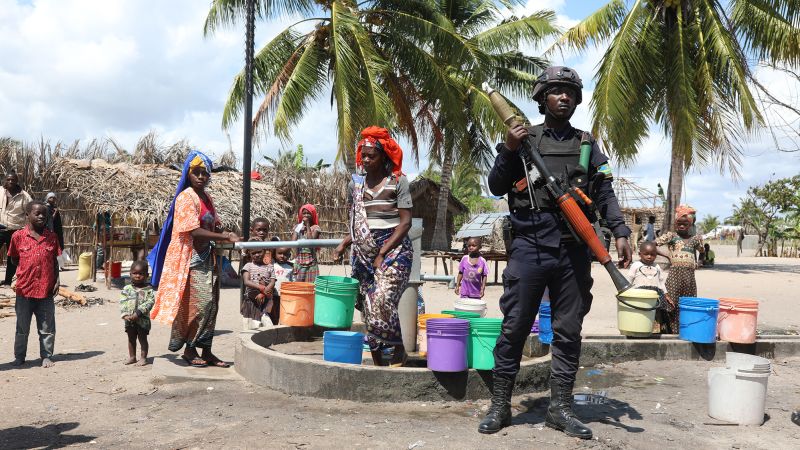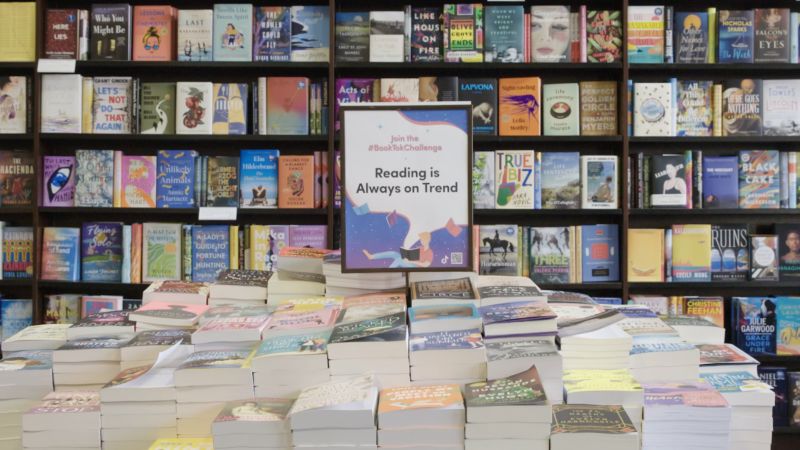A UK delegation to Saudi Arabia has been urged by human rights groups to pressure Saudi leaders over a BBC report that revealed Saudi forces were told to kill for a futuristic city.
Neom’s The Line, the desert city, is one of the projects promoted at a UK-hosted event, external in Riyadh.
Speakers include footballer Rio Ferdinand, former minister Jo Johnson and a British airways executive.
The UK said it regularly raises human rights concerns with Saudi authorities.
It added that it had vital economic and national security interests in Saudi Arabia.
The “Great Futures” launch event taking place this week claims to “bring to life the sheer scale of opportunities for UK business in Saudi Arabia” and kickstarts a year-long partnership promoting trade, tourism, and education between the two countries.
Neom is one of the main giga-projects promoted as a vital business opportunity for UK firms.
Images of The Line, a mirrored city in the desert, are central to the Department for Business and Trade’s website advertising the event.
Last week, an ex-intelligence officer, Colonel Rabih Alenezi, told the BBC that he was ordered to evict villagers from a tribe in the Gulf state to make way for The Line, part of the Neom eco-project.
One of them was subsequently shot and killed for protesting against eviction. A statement issued by Saudi state security at the time alleged that he had opened fire on security forces and they had been forced to retaliate. Human rights organisations and the UN have said he was killed simply for resisting eviction.
The Saudi government and Neom management refused to comment on the findings of the BBC investigation.
Amnesty International, a human rights organisation, said: “The reality behind such futuristic projects is the brutal repression of citizens and residents.”
“Any business that knowingly contributes to human rights harms is in clear violation of international law,” Dana Ahmed, Amnesty International’s Middle East Researcher said.
ALQST, a UK-based human rights group, said it appears that the UK is “increasingly willing to turn a blind eye to the catalogue of Saudi abuses on the ground.”
“Imagine if companies working on Neom made their involvement conditional on the release of local residents arrested for protesting forced eviction?” said Josh Cooper, deputy director of the organisation.
“Or if university chancellors withheld Saudi partnerships until detained University of Leeds PhD student Salma al-Shehab was freed? Such steps would have a positive bearing,” he added.
The BBC contacted several high-profile speakers participating in the event, but many did not respond.
Of those that did, many described the event as an important opportunity to showcase and promote British business, culture and society.
A spokesperson for the UK government said, “The United Kingdom has vital national security and economic interests in maintaining and developing our relationship with Saudi Arabia but no aspect of our relationship prevents us from speaking frankly about human rights.
“UK ministers regularly raise human rights concerns with the Saudi authorities where necessary.”
Note:- (Not all news on the site expresses the point of view of the site, but we transmit this news automatically and translate it through programmatic technology on the site and not from a human editor. The content is auto-generated from a syndicated feed.))



